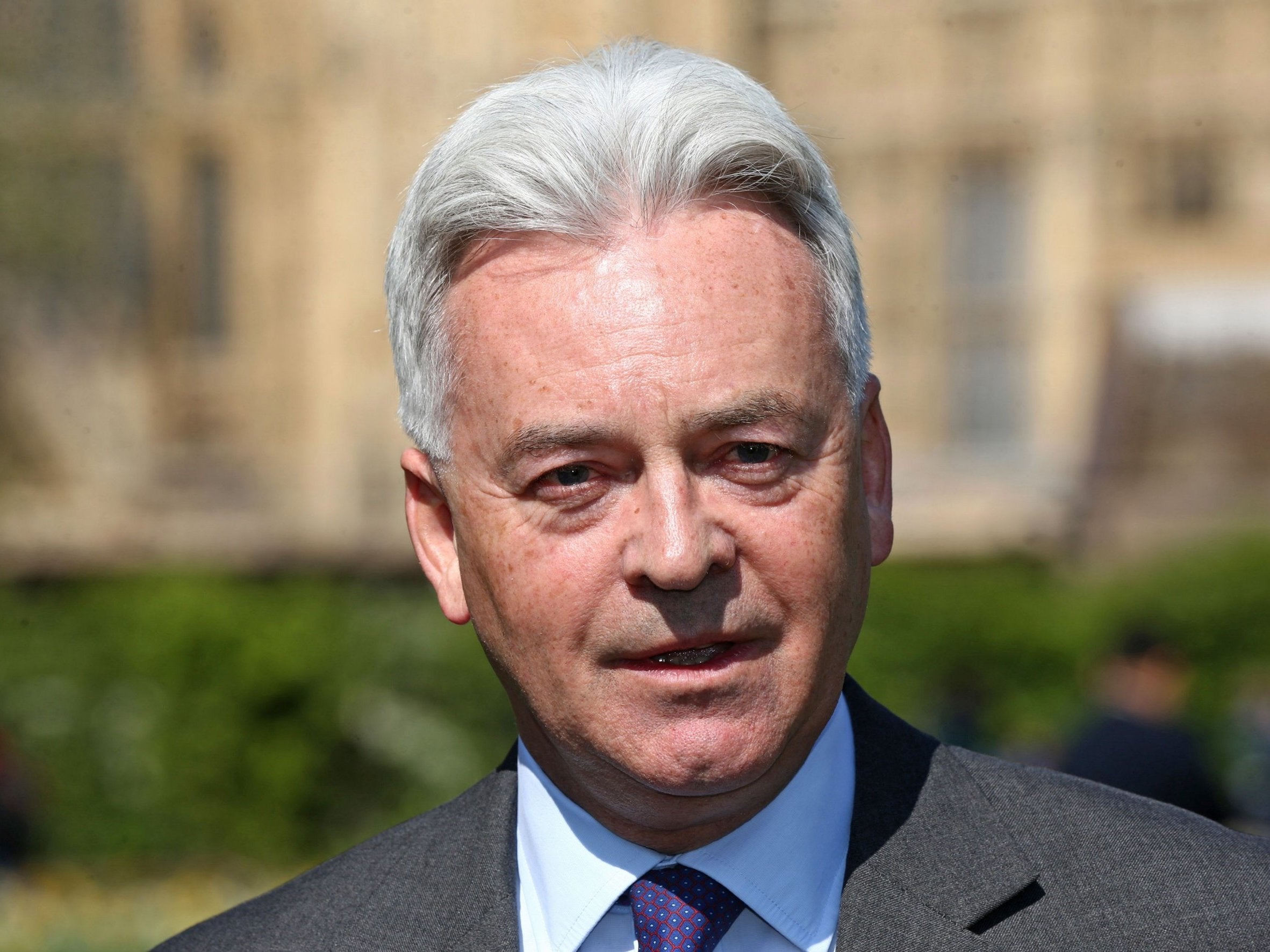Saudi Arabia executions condemned as 'repulsive' and 'abhorrent' by UN, EU and UK MPs
‘We really do genuinely disapprove in the strongest possible terms what has happened,’ says Foreign Office minister Sir Alan Duncan
Your support helps us to tell the story
From reproductive rights to climate change to Big Tech, The Independent is on the ground when the story is developing. Whether it's investigating the financials of Elon Musk's pro-Trump PAC or producing our latest documentary, 'The A Word', which shines a light on the American women fighting for reproductive rights, we know how important it is to parse out the facts from the messaging.
At such a critical moment in US history, we need reporters on the ground. Your donation allows us to keep sending journalists to speak to both sides of the story.
The Independent is trusted by Americans across the entire political spectrum. And unlike many other quality news outlets, we choose not to lock Americans out of our reporting and analysis with paywalls. We believe quality journalism should be available to everyone, paid for by those who can afford it.
Your support makes all the difference.The UK government has condemned the mass executions carried out by the Saudi Arabian government this week as “repulsive” and “a deeply backward step”.
Foreign Office minister Sir Alan Duncan told MPs the execution of 37 Saudi nationals – including the crucifixion of one man – was “regressive”.
The kingdom’s interior ministry announced the beheading deaths on Tuesday and said they had been executed for “terrorism-related crimes”, sparking international criticism.
UN High Commissioner for Human Rights Michelle Bachelet said most were minority Shi’ite Muslims who may not have had fair trials and at least three were minors when sentenced, which she said was “particularly abhorrent” .
Mr Duncan’s denunciation – the strongest British government criticism yet of Saudi human rights policy – came in response to a question from Liberal Democrat leader Sir Vince Cable asking what representations British officials have made over the executions.
The minister responded: “All here would want to defend human rights and abhor executions of this sort.
“We really do genuinely disapprove in the strongest possible terms what has happened, particularly when it was reported that one of them was displayed on a cross, something that anyone here just a few days after Easter would find more repulsive.”
Mr Duncan said the government was working to establish the full facts and the foreign secretary Jeremy Hunt would raise the matter with Saudi officials at the earliest opportunity.
He added: “The government opposes the death penalty in all circumstances and in every country, including Saudi Arabia. We regularly raise human rights concerns including the use of the death penalty at the highest levels with the Saudi Arabian authorities.”

British embassy representatives in Riyadh made representations last November on specific individuals, Mr Duncan told MPs, adding: “One of the grave concerns about these executions is that it would appear to include minors or those who were minors at the time that the charges were made. This, of course, is totally unacceptable and we do deplore it.”
The UK, he said, had “put our name fully” to the EU’s European External Action Services “very, very strong statement of condemnation pointing out that these executions are a regressive step”.
EU foreign policy chief Federica Mogherini said the executions heightened doubts about respect for the right to a fair trial in Saudi Arabia and could fuel sectarian violence.
Speaking at a regular Westminster media briefing later, Theresa May’s official spokesman said: “These cases are deeply concerning and the FCO [Foreign and Commonwealth Office] is working to establish the full facts. It is a long-standing position of the UK government to oppose capital sentences in all circumstances.
“We regularly raise human rights concerns – including the use of the death penalty – at the highest levels with the Saudi Arabian authorities.”
Amnesty International said the majority of those executed in six cities belonged to the Shi’ite minority and were convicted after “sham trials”, included at least 14 people who had participated in anti-government protests in the kingdom’s oil-rich eastern province in 2011 and 2012.
The human rights organisation said in a statement that one of them, Abdulkareem al-Hawaj, was arrested when he was 16, making his execution a “flagrant violation of international law”.
Amnesty also said 11 of those executed had been convicted of spying for the kingdom's arch-adversary, Shi’ite Muslim Iran, and sentenced to death in 2016.
Shadow foreign minister Fabian Hamilton said the Saudi regime “appears to care very little about international law”.
The Labour MP added: “Publicly pinning one of the heads to a pole as a warning is not only disturbingly barbaric and medieval in nature, but it is also an abhorrent violation of human rights.”
Additional reporting by agencies

Join our commenting forum
Join thought-provoking conversations, follow other Independent readers and see their replies
Comments